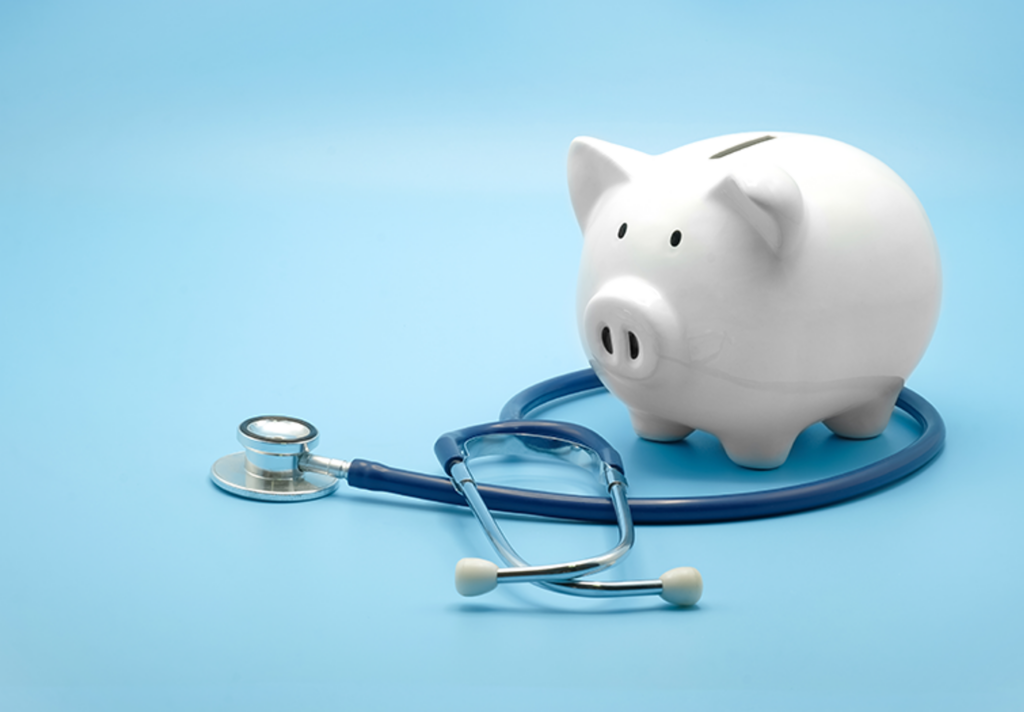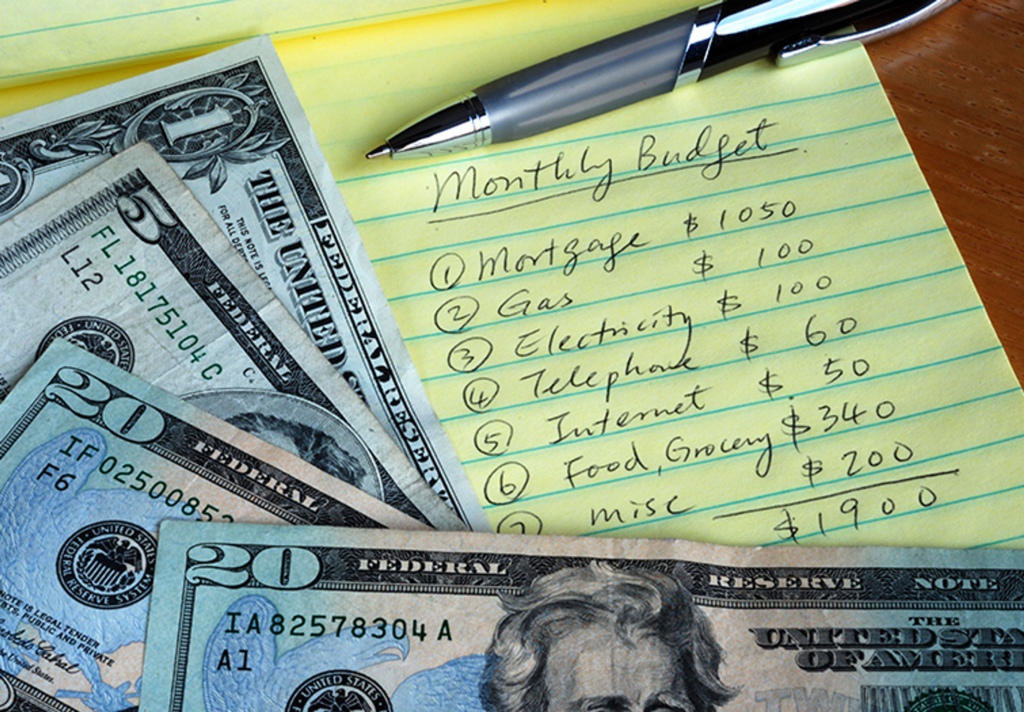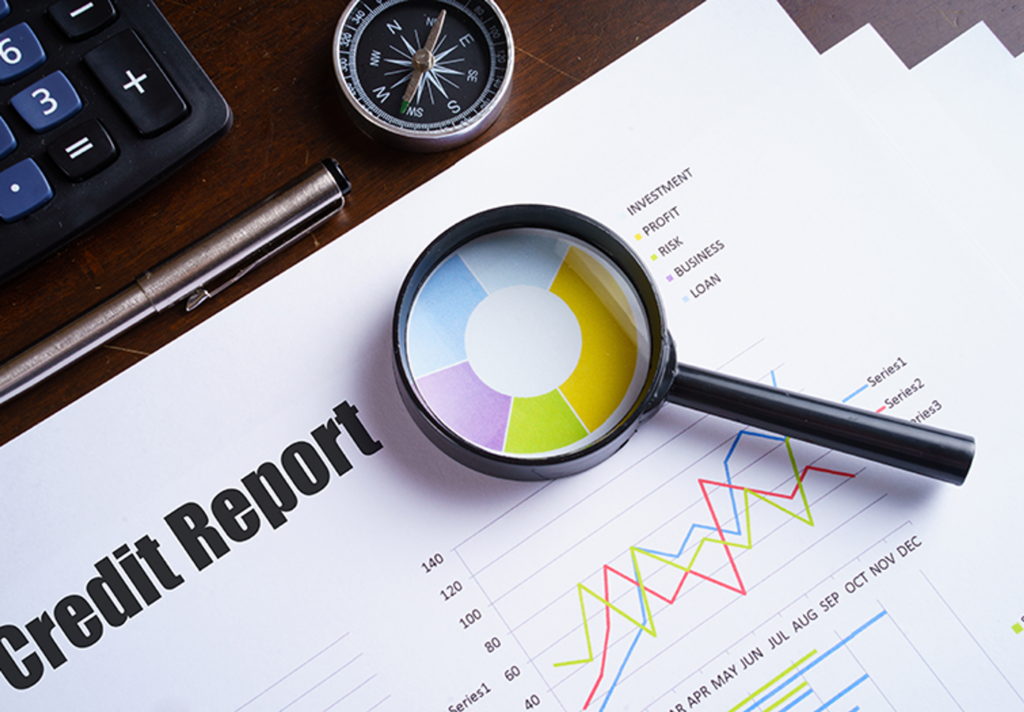
If you’re looking at your finances, and they’re not where you want them to be, it may be time to perform a financial health check. Much like getting a check-up for your physical health, you need to regularly perform a financial check to stay in good health. Financial checkups will allow you to keep tabs on your money, which can help build savings and avoid a lifestyle of living paycheck to paycheck.
Importance of Financial Check
Financial health checks help you determine how well your finances are or what you need to work on to reach your financial goals. Checking your financial health includes looking at your budget, keeping track of your debts and reviewing your credit score. As a rule of thumb, performing a financial check at least once a year and after major life events such as marriages, divorces or childbirth is a good idea.
Even if you feel like you’re in a great place financially, it’s smart to review your finances routinely. This ensures that nothing slips through the cracks that could create unexpected financial difficulties. Creating a financial health checklist to follow is an excellent place to start. In the next section, we will review what you might want to include in your financial health checklist.
Steps to Completing a Financial Checkup
Evaluate or create your budget
Your budget is the foundation for what happens with your money day-to-day. When doing a financial health check, it’s a good idea to adjust your budget if your spending needs have changed. If you have never made a budget, it’s never too late to start.
To create a budget , track your income and determine your spending needs and ability. You can do this by listing regular bills such as utilities and rent. Next, list your variable expenses, like groceries and travel. Credit card or bank statements can help you determine how much you are spending on these categories.

Once you have your spending and income laid out, it will be easier to see where you could be saving or spending more. Since your budget is the blueprint for handling your income and expenses on a recurring basis, your budget should be monitored and adjusted as needed. It’s important to review your budget regularly as part of your financial checkup.
Remember, budgeting takes practice, and it’s okay to slip up if you keep trying. It’s a good idea to plan your budget for each month a couple of days before the month starts so you can start the month with a sense of how healthy your finances are.
Understand where you stand financially
Understanding where you currently stand with your finances is a great way to lay the path for where you plan to be with your financial journey over time. Your financial check journey will probably have some growing pains and may sometimes be uncomfortable. Keep in mind that, like with most things in life, you must go through hard times to move forward.
Determining your current debt, expenses and income, and using a financial health checklist, will help you understand what areas of your finances need the most attention and allow you to prioritize accordingly. Facing your finances and completing a financial checkup are key to reaching your goals!
Track your spending
Tracking your spending means looking at your daily transactions and expenses. An easy way to keep track of your spending is by using a spending journal for 30 days to get a holistic view of where your money is going. Some bank apps also track your spending and break it into categories on a chart to help give you a sense of where your money goes throughout the month; dozens of expense-tracking apps work similarly.
Tracking your spending helps to keep your finances on the top of your mind. You’ll be thinking about how you spend your money and will be more aware of how much is leaving your bank account. Tracking your spending can also help you see where to cut your budget and save more. This step on your financial health checklist is essential to your financial checkup.
Assess your debt
Review your progress in paying down all debt, including loans and credit cards. If you see your debt increasing, it might be a good idea to look at your budget and find ways to cut back on spending so your balances will decrease. One popular way to reduce debt is the snowball method. You may also want to evaluate interest rates on everything from your mortgage to your car loan and consider refinancing loans or switching to another credit card with a lower rate.
Having good credit will help you with everything from getting approved for an apartment to getting a loan, so this is an important part of the financial check process. Each of the three main credit reporting agencies (Equifax, Experian, and TransUnion) are required by federal law to provide you with a free copy of your credit report each year. You can obtain your reports at the official website.
If your credit score differs from where you want it to be, you can improve it in a few ways. For example, avoiding paying bills late and working on paying off debt will help increase your credit score. Also, before you close an old credit card or open a new one, look into how your credit score will be affected.
Check your credit report

Completing a routine financial health check will help you keep up with your progress in bettering your credit score. Having a good credit score and credit history can also help you get lower interest rates, saving you money. Checking your credit is an integral part of a financial checkup.
Review or create an estate plan
An estate plan dictates what will happen to your assets if you pass away. If you already have a will or trust, ensure you feel confident about your choice of executors or trustees. If you do not have an estate plan, making one is a great idea – even if you consider your assets relatively modest. Estate planning now can prevent significant hassles for you or your loved ones in the future.
Reviewing your estate plan is a vital part of your financial checkup. This plan can ensure that your wishes are carried out and that your family is financially cared for. Without an estate plan, your assets will go into probate, which means the courts will decide how your assets will be distributed.

While at it, review your beneficiaries and allocations to ensure they match your current wishes. This may feel like a daunting step in the financial check process, but it is worth it. If you need guidance, you can always contact an estate planning attorney to ensure you follow all applicable state and federal laws with any changes you make.
Make sure you’re properly insured
Having the right insurance policies is vital to protecting your assets, and making sure you have enough insurance coverage for events that could occur is an important part of your financial checkup. If you’re not adequately insured, you could face significant out-of-pocket expenses, which can derail your entire financial plan. Make sure your insurance matches up with events that have taken place in your life, like buying a new car or moving.
Keep in mind that your insurance needs can change over time. Part of your financial check should ensure you have the appropriate amount of life insurance, disability insurance and homeowner’s or renter’s insurance. Consider switching insurance companies or raising deductibles on home and auto policies to lower premiums. You can also save money by bundling multiple policies with one company. Consider your options and apply your decision to your annual financial health check.
Identify or reset your financial goals
Statistics show that you are more likely to succeed in accomplishing a goal if your goals are specific, measurable, attainable, relevant and time-specific – S.M.A.R.T. goals for short. This means determining why you want to accomplish a goal, what specifically you are trying to accomplish, when you want to accomplish it and how you will accomplish it.
Getting specific with your financial goals is a big step in performing a thorough financial checkup. Building an adequate retirement fund is one example of a financial goal. Others include creating an emergency fund, saving up for a down payment on a car or home, starting your own business or anything else that requires money you don’t already have. Evaluate your progress toward your financial goals and adjust as needed. Once you achieve a goal, cross it off the list and replace it with another.
Revisit your savings and investments
You want to ensure you’re putting away some money in an emergency fund. This is money to buffer your finances if unexpected life circumstances like job loss or a broken-down car occur. Set an achievable goal if you don’t already have a fund in place, and then plan to grow your fund to three to six months of your basic living expenses. If an emergency happens, you have this money to use instead of borrowing or getting into debt.
It’s also essential to save for your mid and long terms goals, including your retirement. If you have one, you’ll want to evaluate your company 401(k) plan contributions. Make sure you are contributing at least enough to get any employer match.
Diversifying your investments can help secure your financial future. Add this step to your financial health checklist to ensure your financial goals are met each year.
Review life changes
Always review any significant life changes that have taken place since your last financial checkup. You may have changed jobs, gotten married or divorced, welcomed a new family member, bought a home or moved. These major life events can alter your financial journey for better or worse. It’s important to consider these when completing your financial health check.
Remain accountable
Now that you know what you can do to perform a financial health check, it’s essential to hold yourself accountable or get an accountability partner. An accountability partner is someone you share your goals with who is on the same journey or has accomplished something you are trying to achieve. Their job is to keep you motivated and on track, and vice versa.
You will have days you don’t feel like sticking closely to your budget, or you may have a period where you feel like you’re not having a good week, month or year. Be sure to buckle down and lean into your accountability partner for guidance. You will be more likely to achieve your goals if others know what they are. Allow your accountability partner to monitor your progress and help you on your financial check journey.
Takeaways:
- A financial checkup is a complete look at the state of your finances.
- It can be helpful to perform a financial checkup annually and after significant life events, such as a marriage, divorce, birth or death.
- Your financial checkup should include your retirement accounts and other savings, debts, estate plan, and insurance coverage, among other topics.
Regularly Perform Financial Health Checks
A financial checkup is a great way to ensure you are on track with your financial goals and prevent future financial difficulties. These steps are just a few ideas to get you started. You should create a financial health checklist that works for you.
Remember – You do not have to cross off every item on your financial checkup in one day. Taking a few weeks to gradually go through your finances can be a great way to make a financial health check manageable. If you want to learn more about taking control of your finances, visit Your Money Guide on our website today.

